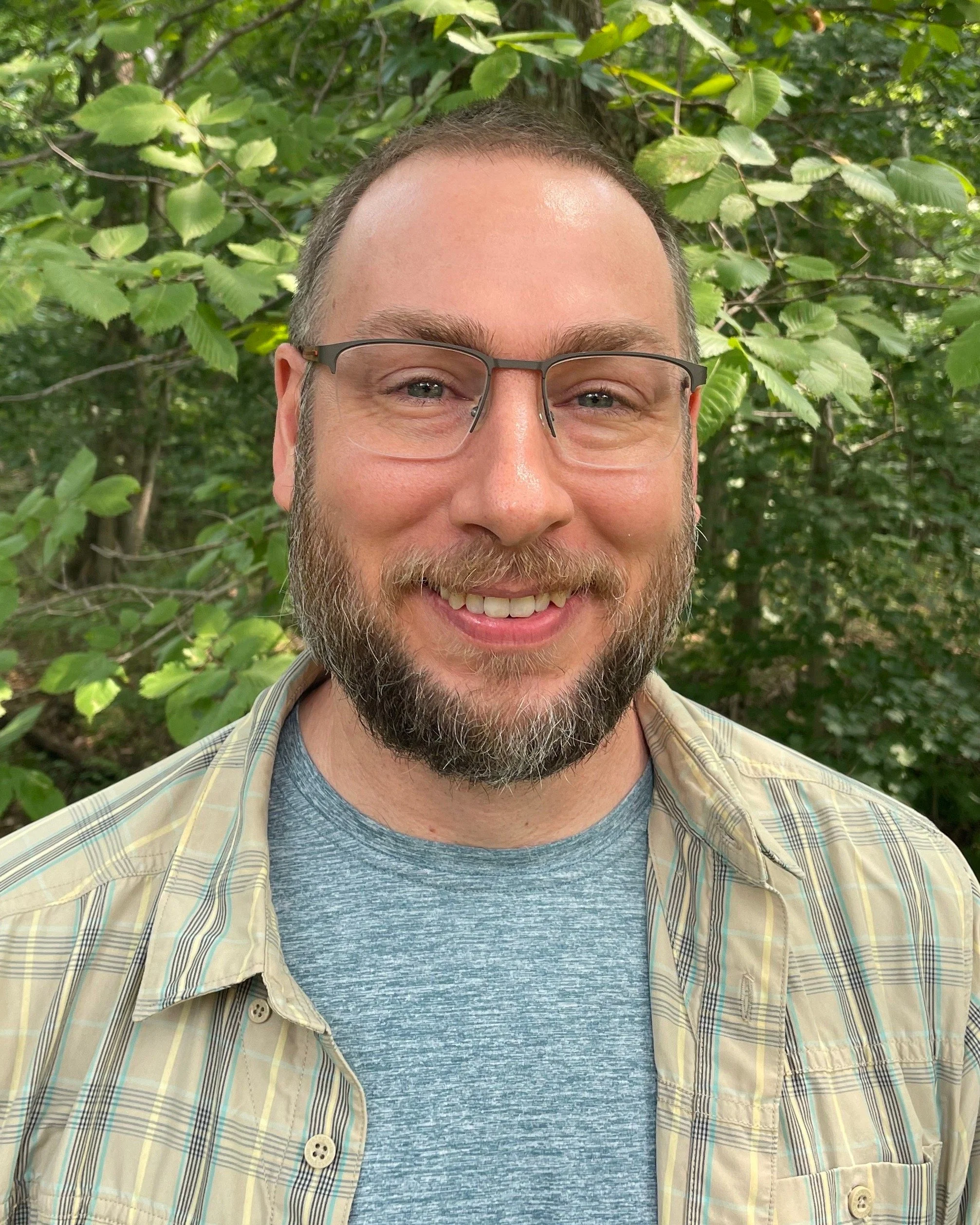Humans of Tyson 2024
Jonathan Myers
Professor of Biology
Principal Investigator, Forest Biodiversity Team
When did you get interested in forest ecology?
“Most of it started in high school. I took a natural resources conservation class at a nearby community college. It was very hands-on, and we covered everything from wildlife management to dendrology to soils to fisheries. It was unlike any other course I took in high school. It got me thinking about careers related to the environment. From there I went to a small liberal arts college in northern New York State in the Adirondack Mountains, Paul Smith's College. I went there for a two-year degree in forestry with a specialization in forest recreation. At the time I was interested in being a park ranger or an interpretive naturalist or something outdoors.
Then I started doing research. I worked with a dendrology professor who was studying how forests in the northeastern United States have assembled over the last 10,000 years. I got interested in research, transferred to Cornell [University], and did an undergraduate thesis project focused on seed dispersal by white-tailed deer. I got enough research experience to realize I really enjoyed it. From there, I went on to graduate school at the University of Florida and then Louisiana State University. I worked on everything from tropical forest ecology to plant community ecology to longleaf pine ecosystems in the southeastern United States.
Having established a love for research, travel, and comparative forest study led Jonathan to his favorite questions.
“You often realize what you do not know about a particular ecosystem by studying a different one.”
“I struck off to the tropics as an undergraduate and was completely blown away by how beautiful and complex they were. I realized that even though temperate forest ecosystems are thought to be much simpler ecosystems, there is so much we do not know about them. I like that positive feedback of doing comparative work where you consider the same types of questions across different ecosystems as a way to either understand some of the generalities in ecology, but also the ecosystem specific patterns and processes.
During my postdoc, I did a collaborative project with the Missouri Botanical Garden looking at forest ecology across temperate and tropical ecosystems. It got me thinking about larger scale questions in ecology, looking at cross ecosystem patterns and processes. Since then, those have been the most rewarding questions for me. You often realize what you do not know about a particular ecosystem by studying a different one.“

